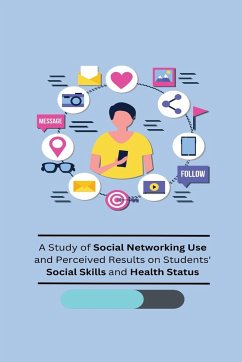Three decades ago, in 1989 Tim Berners-Lee, a British scientist's invention changed the way of communication dramatically with the invention of World Wide Web (WWW). Tim was working with European Council for Nuclear Research (CERN) while he invented WWW. The web was originally invented to share information between scientists and educational institutions around the world. Soon in April 1993, WWW was available for public domain by CERN. In the year 2004, another "communication revolution" took place in the world with the invention of Facebook. Since then the classical way of communication changed from 'one to one'/ 'one to many' to 'many to many' model (Barak, 2012). The success of Facebook and other social networks lies in the idea that people enjoyed being connected and exchanged their feelings and thoughts across the globe (Desreumaux, 2018). These developments are still not very old and its consequences need to be further explored because in a very short span of time social networks have become an integral part of our lives. According to the report of Statista (2021), 59.5% of the earth's population is using internet today and roughly 4.66 billion people are active users of the internet across the world (Johnson, 2021), and these numbers will explode in next few years (Mohsin, 2021). These statistics are the proofs that how severely digital media is dominating our lives. Right from the beginning of the technology, psychologist and sociologists were engaged in recognizing the changing pattern of behavior in people in the cyber age. Solis (2007) rightly said that "social media is about sociology and psychology more than technology". Social scientists were aware of social networking services and they already had declared social networks as means of mass communication (Kendall, 2008).



